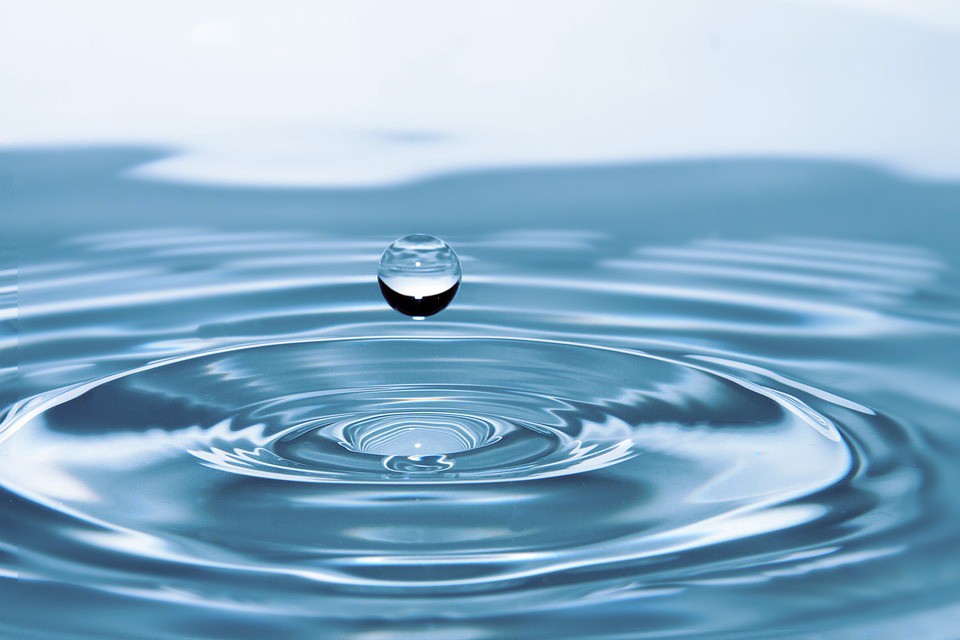How to stay hydrated (and reduce headaches, hangovers, and fat): Introduction to Nutritional Biochemistry, Part 3

In the first two articles of this series we looked at the science behind how to shrink fat cells and grow muscle cells. Here, we take aim at hydration.
What is hydration?
The root word for water is hydr-/hydro- (Latin) and hydōr (Greek). Thus, if you are hydrated, then you have a sufficient amount of water in all the places it should be in your body. On the flip side, if you are dehydrated, you don’t have enough (i.e. “de” is a Latin prefix for separation/removal).
What causes dehydration?
The simple answer is not consuming enough water, but unfortunately it’s much (much) more complex than that. Critical parts of your body (e.g. inside cells) can still be dehydrated even if you drink a decent amount of water because of things like stress, alcohol, diabetes, exercise, altitude, etc. that throw off the balance of sodium, potassium, zinc, magnesium, calcium, and other critical electrolytes in your body. Electrolytes ultimately control water volume around your body via osmosis.